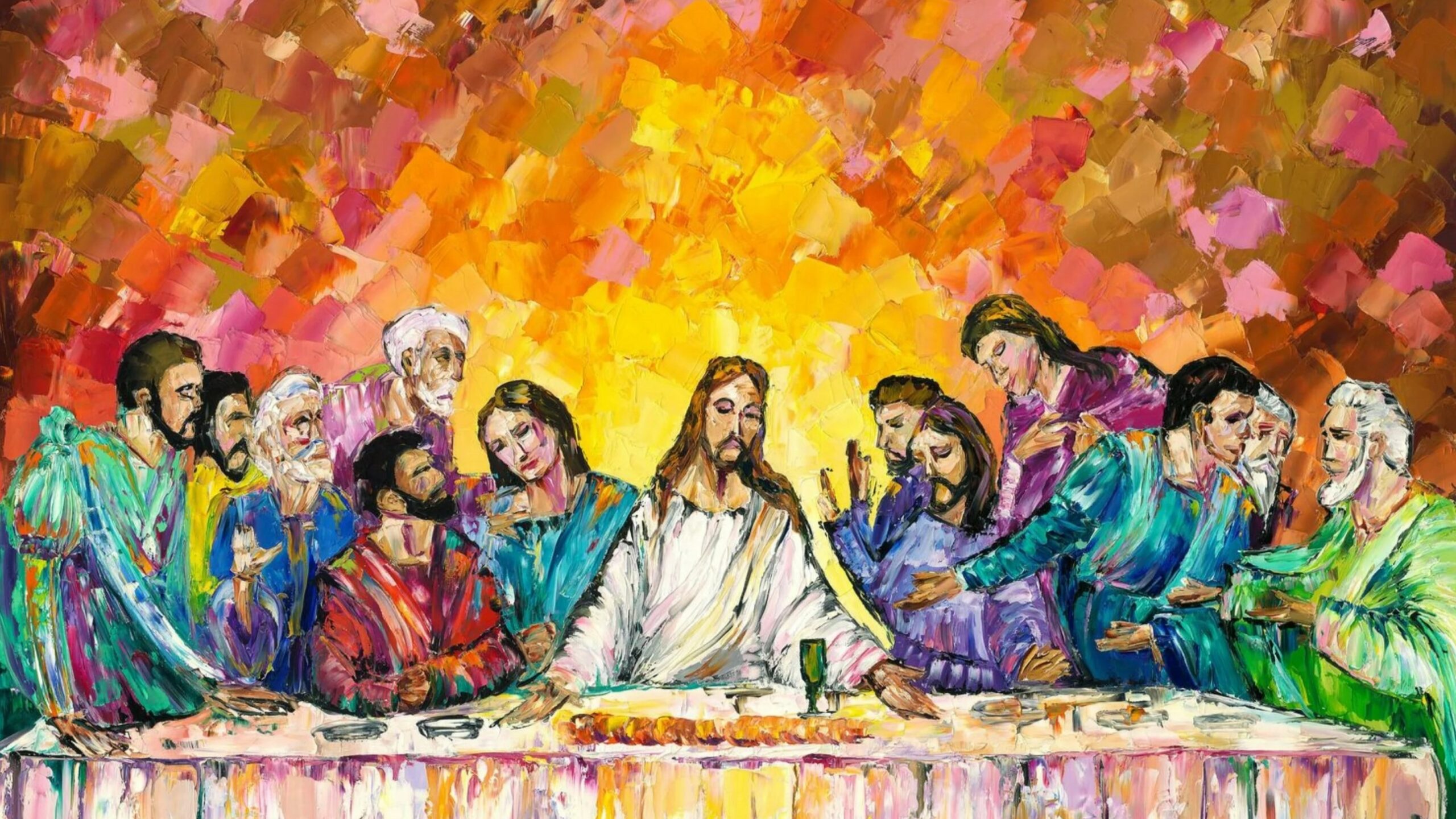Mark 14:22-25: And as they were eating, he took bread, and after blessing it broke it and gave it to them, and said, “Take; this is my body.” 23 And he took a cup, and when he had given thanks he gave it to them, and they all drank of it. 24 And he said to them, “This is my blood of the covenant, which is poured out for many. 25 Truly, I say to you, I will not drink again of the fruit of the vine until that day when I drink it new in the kingdom of God.”
- The Lord’s Table is the only ritual God’s Word says must be observed by all Christians in all places throughout every age of the Church’s history until Jesus returns. Why do you think it is so important to God that we continue to observe it? What are your thoughts about the Lord’s Table; what does it mean to you personally? What, if anything, do you think actually happens when you partake of the elements of communion in faith? Has the experience of partaking in the Lord’s Table changed for you throughout the years?
- Paul is clear that coming to the Table requires self-examination and confession. The Heidelberg Catechism, question 81, asks: “Who should come to the Lord’s Table?” The answer it gives is this: “Those who are displeased with themselves because of their sins, but who nevertheless trust that their sins are pardoned and that their remaining weakness is covered by the suffering and death of Christ, and who also desire more and more to strengthen their faith and to lead a better life. Hypocrites and those who are unrepentant, however, eat and drink judgment on themselves.” Discuss each part of this answer as a group. Does the Catechism get it right? Consider 2 Cor. 7:10 here.
- Read 1 Cor. 11:23-31. Why does Paul issue such a dire warning against eating the bread or drinking the cup “in an unworthy manner”? How does doing so make one “guilty concerning the body and blood of the Lord”? Do you believe the Lord still does what Paul describes in verse 30?
- What do you think of the idea that the Lord’s Table is actually a ‘foretaste’ of the great feast of Jesus’ coming Kingdom? Read and discuss the following verses: Mark 14:25, Matthew 6:9-10 and Isaiah 65:17-25. What thoughts come to mind when you read these verses?
- As saved, but fallen, people, it’s often hard to see ourselves the way God sees us – as His children. Read and discuss 1 Cor. 15:47-49. Adam was “a man of dust.” How is Jesus “the Second man?” What is the promise of verse 49? How does this promise help us to endure the trials of this life?

